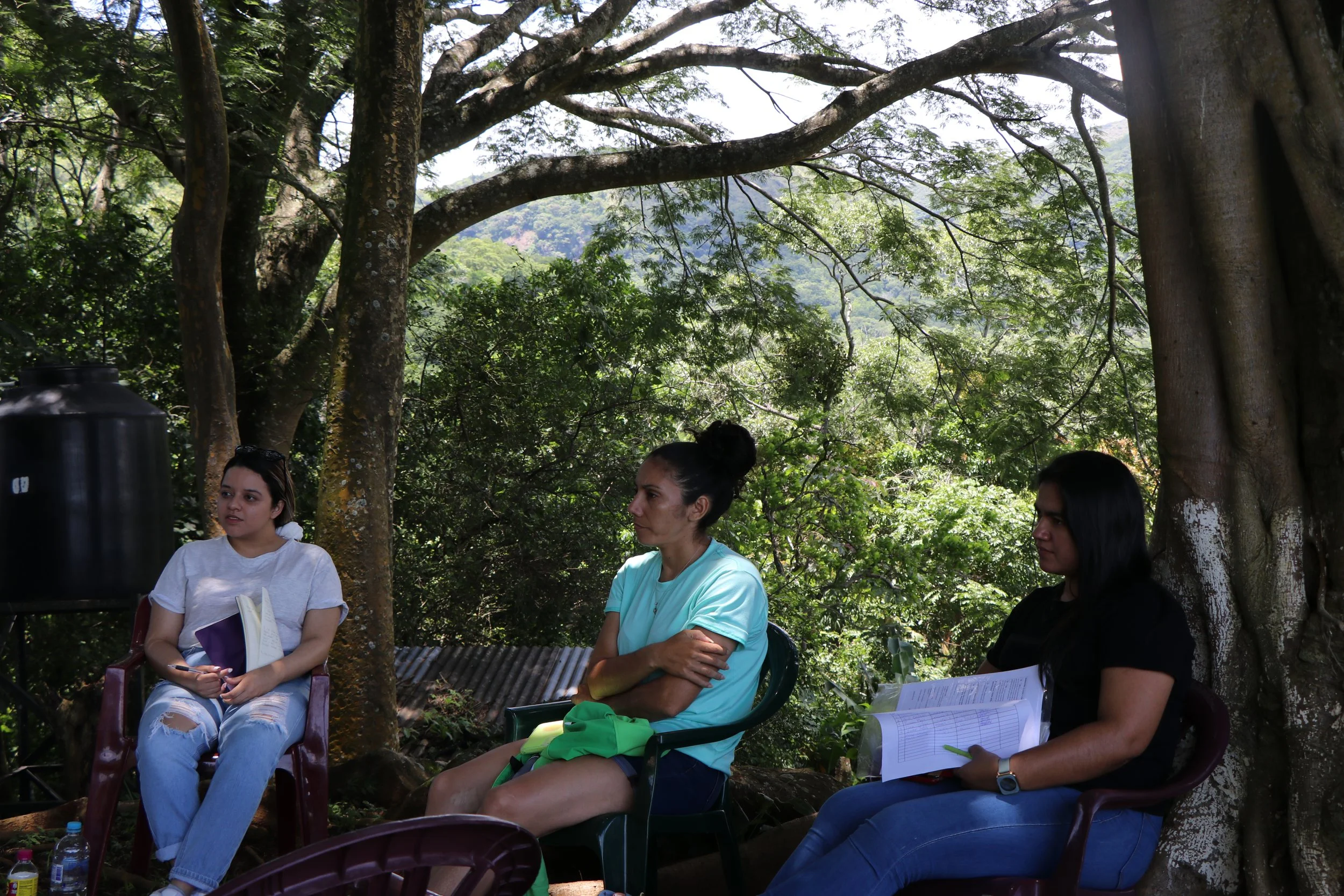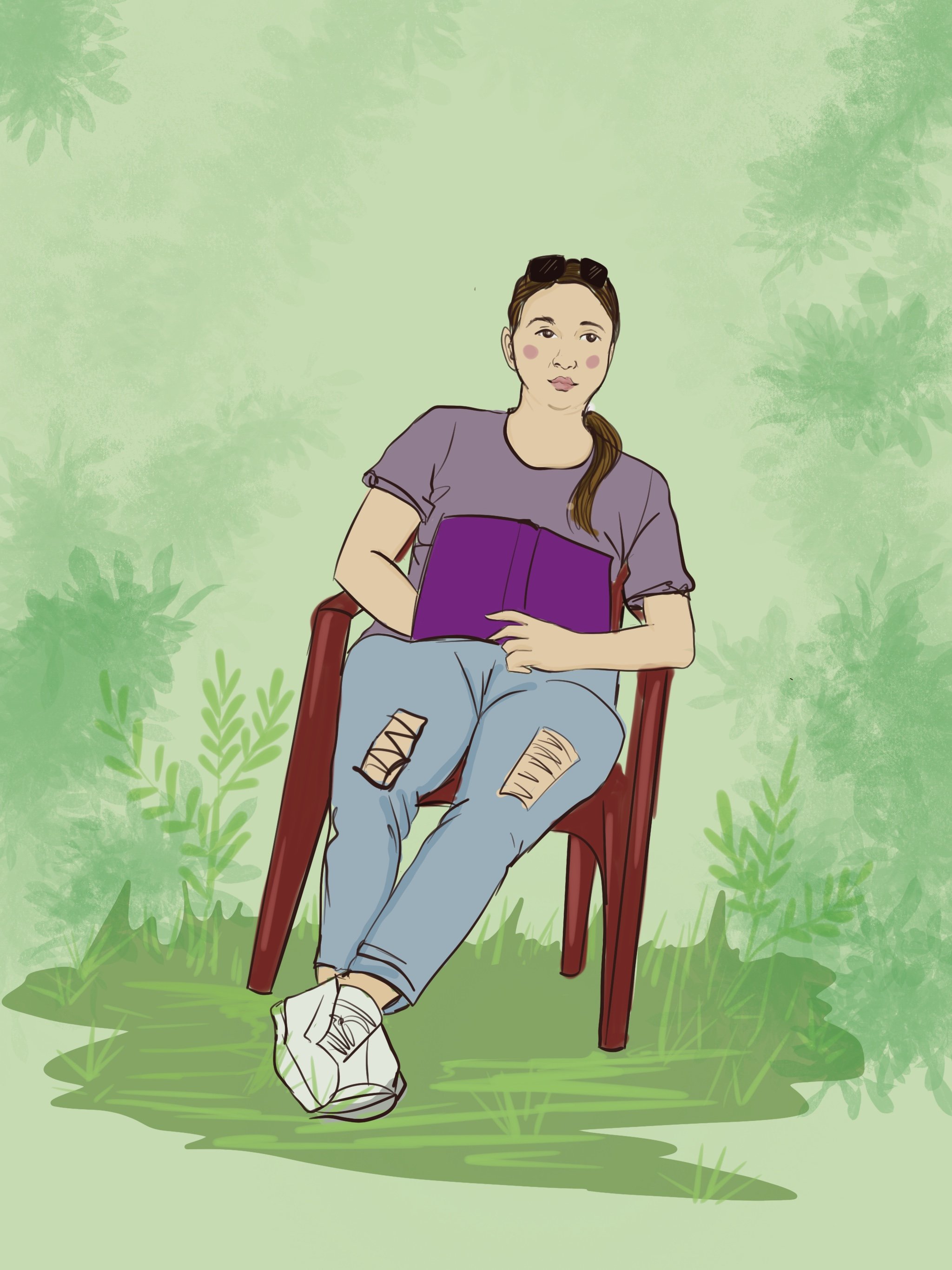Gabriela Miranda, MA Student Hispanic Studies, Western University
I am a Salvadoran and I hold a law degree from the Central American University Jose Simeon Cañas (El Salvador). I am currently pursuing a Master's Degree in Hispanic Studies at Western University. Throughout my academic and professional career, I have always worked on behalf of victims of crimes in the field of criminal law and mass atrocity crimes in which the victims have suffered human rights violations. My Master's research work focuses on how survivors or victims of the Civil War in El Salvador address the issue of restorative justice in a post-war context.
It is well known that during the armed conflict in El Salvador (1980-1992) between the Armed Forces and the FMLN, serious human rights violations took place. The most well known cases are the El Mozote Massacre in 1981 and the assassination of the Jesuit priests in 1989, yet the perpetrators were never prosecuted (Moreno, 2017). On the contrary, in 1993, an Amnesty Law was passed that introduced policies of “forgiveness,” silence, and forgetting about reparations for victims; this which prohibited the restorative justice process (Castillo, 2018).
It is in this context of "ineffective restorative justice" that the idea for my research arises, focusing on the concept of justice from the point of view of survivors in the context of Surviving Memory in Postwar El Salvador research initiative. The project uses decolonial and participatory methodologies with the aim of carrying out community-driven research initiatives, oral histories, historical memory work in the rubrics of justice; art, music, and theatre; intergenerational education; documentation and testimonies; mental health, healing, commemoration; environmental remediation; and local economic reconstruction.
Although, the concept of justice is considered within the project's plan, there has not yet been a concentrated focus on the issue of restorative justice. My intention is to take the initial step, designing an approach to historical memory work within restorative justice. I will interview key leaders of the survivor community and hold consultation workshops with community stakeholders (including members of Surviving Memory’s youth committee and women committee). I will invite participants to reflect on their understanding of restorative justice and how they have addressed the reconciliation process, harm, and reparation after the armed conflict in El Salvador and the tools the survivor community needs to feel a sense of restitution.
Likewise, I also consider restorative justice process through the “theatre of the oppressed” and art-based approaches to research, which understands restorative justice as a different form of expression to confront the past and re-imagine the future (Johnstone, Van Ness, 2007). I will carry out a case analysis on how the artistic, dramatic, and creative performances – which are manifestations of healing that have grown our of the Surviving Memory project – have supported a restorative effect for the community of survivors of the war. I hope that the results of my research (including the consultation and the analysis of project performance) can help produce guidance that can be inform future studies by other project researchers, to address restorative justice issues in future workshops, and in discussions with the wider survivor community.




